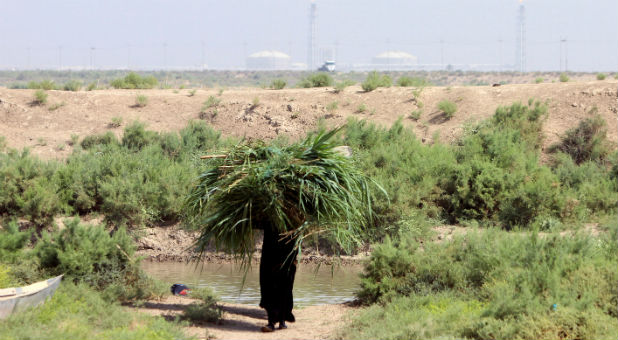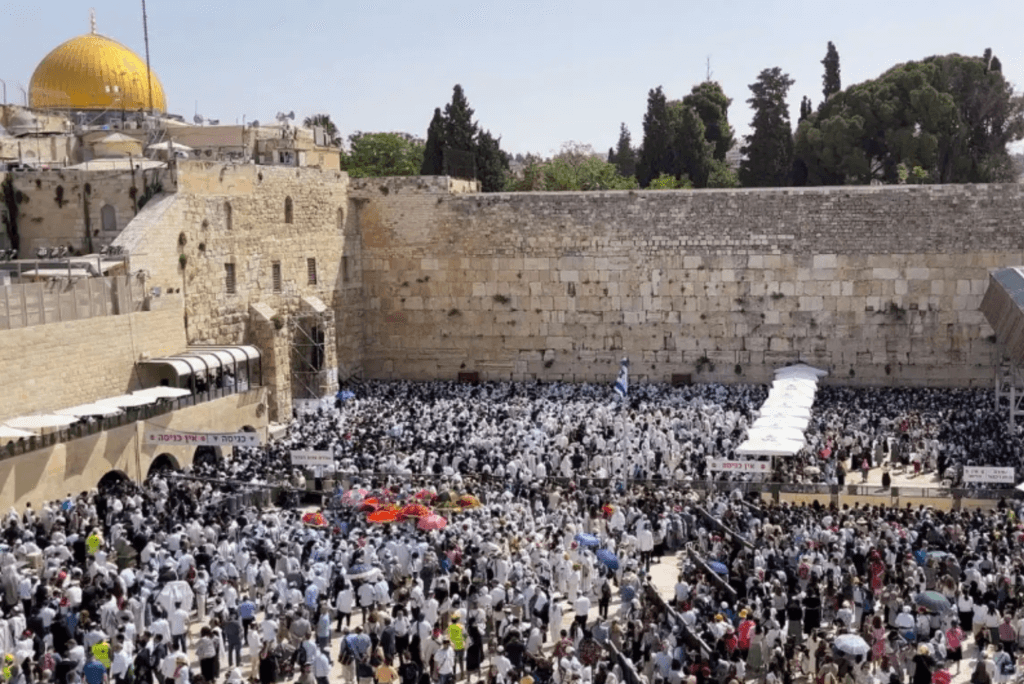A wetland in southeast Iraq, thought to be the biblical Garden of Eden and almost completely drained during Saddam Hussein’s rule, has become a UNESCO world heritage site, Iraqi authorities said on Sunday.
Fed by the Tigris and Euphrates rivers, the marshlands of Mesopotamia are spawning grounds for Gulf fisheries and home to bird species such as the sacred ibis. They also provide a resting spot for thousands of wildfowl migrating between Siberia and Africa.
Saddam Hussein, who accused the region’s Marsh Arab inhabitants of treachery during the 1980-1988 war with Iran, dammed and drained the marshes in the 1990s to flush out rebels hiding in the reeds.
After his overthrow by the U.S.-led invasion in 2003, locals wrecked many of the dams to let water rush back in, and foreign environmental agencies helped breathe life back into the marshes.
The marshes, which covered 9,000 square kilometers (3,500 square miles) in the 1970s, had shrunk to just 760 sq km by 2002 before regaining some 40 percent of the original area by 2005. Iraq has said it aims to recover a total of 6,000 sq km.
Vast, remote and bordering Iran, the marshes have been used in recent years for drugs and arms smuggling, receiving stolen goods and keeping hostages for ransom.
The Marsh Arabs have lived in the wetlands for millennia, but are on the fringes of Iraqi society. A study put their population at 400,000 in the 1950s but several hundred thousand fled Saddam’s repression or become economic migrants.
Estimates of the numbers returning vary wildly. Many Marsh Arabs are illiterate and have struggled to find work outside the marshes.
Prime Minister Haider al-Abadi on Sunday praised UNESCO’s decision, which he said “coincides with the consecutive military victories in the war against” Islamic State.
The militant group, which has been pushed back from about half the territory it seized in 2014, controls some of the world’s richest archaeological sites in northern Iraq but has not come close to the country’s south. {eoa}
© 2016 Thomson Reuters. All rights reserved.
See an error in this article?
To contact us or to submit an article




















